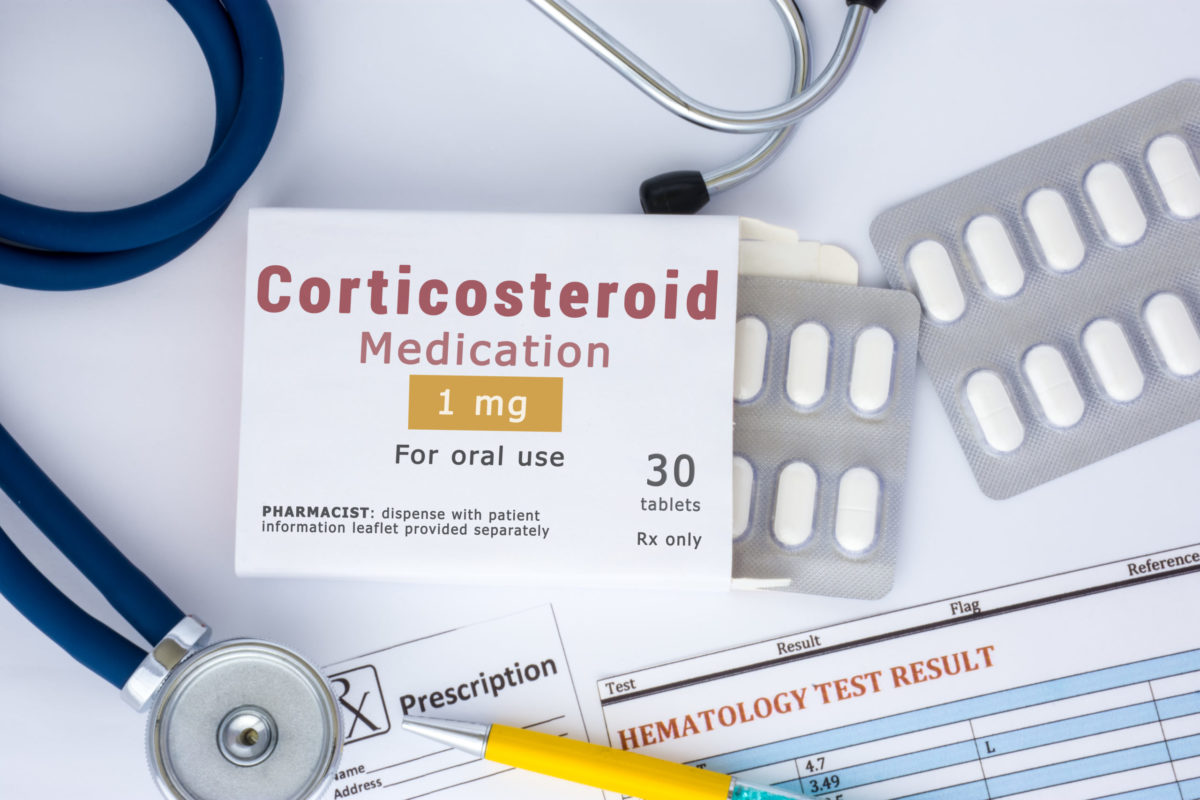“The doctor gave me a steroid.”
Most of us have said or heard that at some point in our lives, whether it was for asthma, arthritis, eczema or sciatica.
But what do steroids really do? And what’s the difference in the kind a doctor might prescribe and the ones athletes get in trouble for using?
WellTuned spoke with Dr. Susan Owensby, a family medicine physician and medical director for BlueCross BlueShield of Tennessee, to find out.
What are steroids?
Dr. Owensby: If your healthcare provider prescribes a steroid, it’s likely a corticosteroid. This is a drug that closely resembles cortisol, a hormone that your adrenal glands produce naturally. Along with your brain, cortisol helps control your mood, fear and motivation.
Corticosteroids can:
- Be short, intermediate or long-acting
- Be natural or synthetic
- Come in the form of nasal sprays, tablets, syrups, injections, or lotions/cream/gels
Common examples include prednisone, cortisone, dexamethasone, triamcinolone, or fludrocortisone.
What are steroids most commonly used to treat?
Dr. Owensby: Steroids may be used to treat conditions ranging from allergic reactions to septic shock to chronic lung diseases.
Most commonly, they’re used to treat:
- Rashes
- Asthma
- Hay fever
- COPD
- Bronchitis
- Joint inflammation and pain
- Eczema
- Inflammatory bowel disease
- Lupus
- Multiple sclerosis
What are the benefits of steroids?
Dr. Owensby: Steroids work by boosting your body’s own anti-inflammatory responses. That helps slow down the overactive immune responses that are causing your symptoms.
What are the drawbacks and/or side effects of steroids?
Dr. Owensby: Even at low doses, corticosteroids can cause:
- Mood swings
- Changes in heart rate
- Changes in appetite
- Impaired wound healing
If you need high doses and/or long-term therapy, side effects can be as intense as:
- Fluid in the lungs or soft tissues
- Blood sugar spikes or drops
- Growth restriction in children
What’s the difference in the kind of steroids a doctor prescribes and the kind athletes use?
Dr. Owensby: The kind of steroids you hear about athletes using are anabolic steroids. These are man-made versions of the hormone testosterone. As the primary sex hormone in males, testosterone is important in muscle and bone development and maintenance.
Think of it this way: Cortisol and testosterone work in the same office, but they don’t do the same job. A prescription steroid that’s meant to soothe an itchy rash works differently than an anabolic steroid. Instead, anabolic steroids help boost metabolism and build muscles more quickly. The edge anabolic steroids give an athlete are why they’re often banned from athletic competitions.
Also, anabolic steroids can be extremely dangerous — especially to developing bodies. Misuse of anabolic steroids can lead to negative mental effects. This includes paranoia, extreme jealousy or aggression, delusions, impaired judgment and mania. Physically, they can also cause swelling and severe acne.
Anything else people need to know if they’re prescribed a steroid?
Dr. Owensby: If you have questions, ask your provider! Understanding what you’re putting into your body and why can be integral to the healing process.
And, as with any medication, if you start a steroid, please take it as prescribed. Don’t stop the medication suddenly, or without the advice and approval of the prescriber.
More from Dr. Owensby on WellTuned
Get more information about specific health terms, topics and conditions to better manage your health on bcbst.com. BlueCross BlueShield of Tennessee members can access wellness-related discounts on fitness products, gym memberships, healthy eating and more through Blue365®. BCBST members can also find tools and resources to help improve health and well-being by logging into BlueAccess and going to the Managing Your Health tab.


